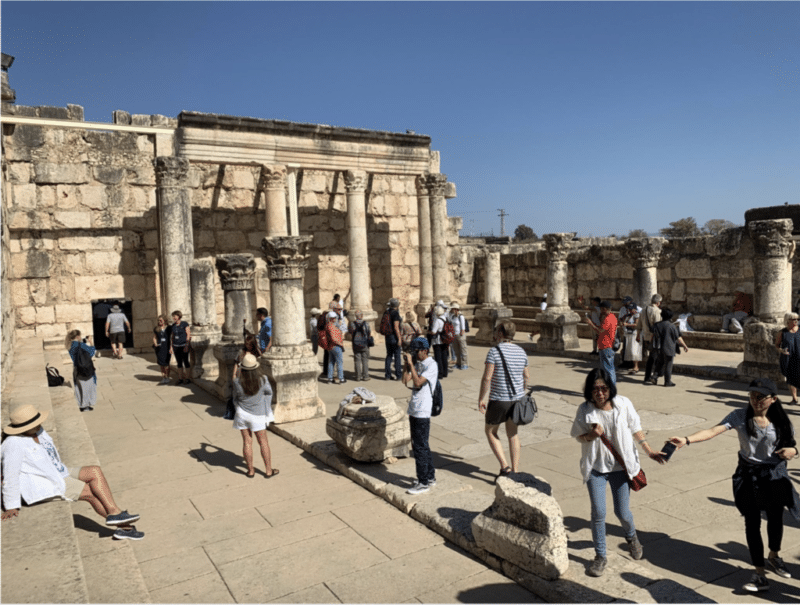June 19, 2022
Matthew 9:18-38
From Desperation to Salvation
Chapters 8 and 9 of Matthew’s gospel present us with a record of some of the miracles of Jesus. In today’s passage we read of Jesus healing disease, raising someone from the dead, opening the eyes of two blind men, and casting a demon out of another man.
Were these miracles of Jesus real events? If so, what seems to have been the purpose behind these miracles? What do these miracles tell us about the heart of Jesus toward our human predicament? In what ways do these miracles point to the greater mission of God in this world and our role in it?
Join Pastor Jim as he helps us see how Christ has come to move us from desperation to salvation.



